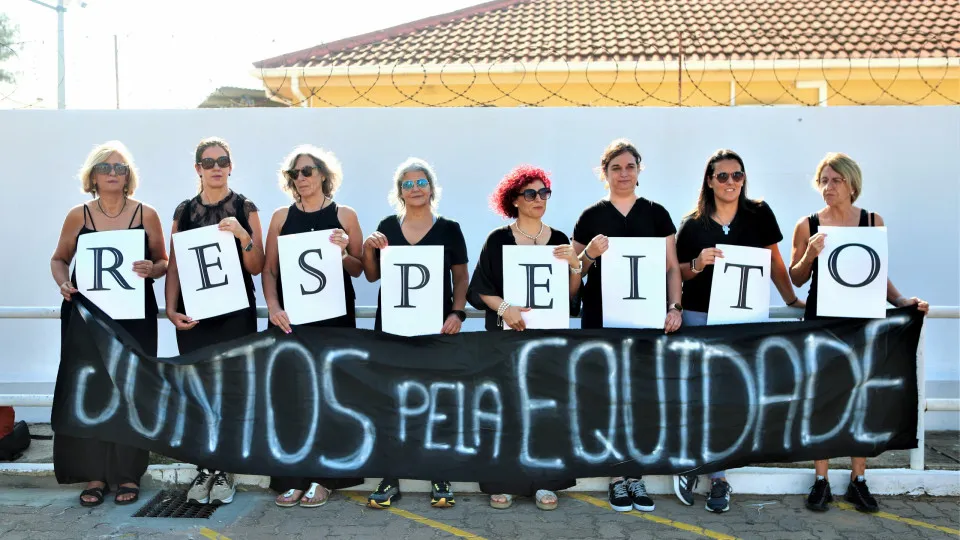
The Association of Scientific Research Fellows (ABIC) has expressed concern over its exclusion from discussions regarding the establishment of a new research agency and the ongoing review of the Science Law, describing it as an “unjustified and troubling” absence.
The association highlighted that it represents the most precarious and vulnerable members of the scientific system—researchers who ensure the daily functioning and scientific production in the country without formal employment contracts. It emphasized that ignoring this representation neglects an essential part of the national scientific reality.
ABIC is calling for this decision to be reversed and wants to be formally included in the public consultation and debate process regarding these structural reforms.
The government began consultations with various entities on Tuesday as part of the creation of the new Agency for Research and Innovation, set to form from the merger of the Foundation for Science and Technology (FCT) and the National Innovation Agency (ANI).
The Ministry of Education, Science and Innovation released a statement on Friday noting that ABIC is not included in the list of entities.
Additionally, ABIC is not part of the group tasked with analyzing and discussing the report produced by the working group for revising the Science Law.
The association argues that establishing a new agency without real increases in public funding and without consulting the specific needs of professionals in the sector risks becoming merely a cosmetic reform.
To genuinely improve and optimize the National Scientific and Technological System, ABIC asserts that it is essential to address job insecurity, ensure the stability of scientific careers, maintain the autonomy of scientific and academic institutions, and secure stable public funding for science and higher education.
The decree-law to create the new Agency for Research and Innovation has been awaiting the President of the Republic’s approval since September.
Marcelo Rebelo de Sousa returned the decree to the government, which made amendments to address concerns raised by the president.
The primary change concerns the legal nature of the future agency.
Originally intended to be similar in structure to ANI as a corporation, the Agency for Research and Innovation will instead be a public business entity, which, according to sources within the government, is viewed as the most suitable legal form—an intermediate solution between ANI’s corporate structure and FCT’s public institute status.
The government’s draft decree, accessed by Lusa, defines the mission of the agency as developing actions aimed at promoting, financing, and evaluating scientific research and technological and business innovation in Portugal.
The creation of the new agency has been particularly contentious due to the dissolution of the FCT, with university rectors and scientists voicing concerns over implications for scientific production and the future of fundamental science.
The President had already indicated in July that he might veto the dissolution of the FCT, announced by the government as part of the structural reform of the Ministry of Education, Science, and Innovation, if he had doubts “about a single point.”
The agency’s statutes, included with the decree-law, however, safeguard fundamental research, both in terms of funding and the definition of research and development areas.
Having initially approved the first version of the decree in September without consulting the scientific community, the government is now seeking input from its representatives, excluding ABIC, before bringing the revised version to the Council of Ministers and then to the President for consideration.




